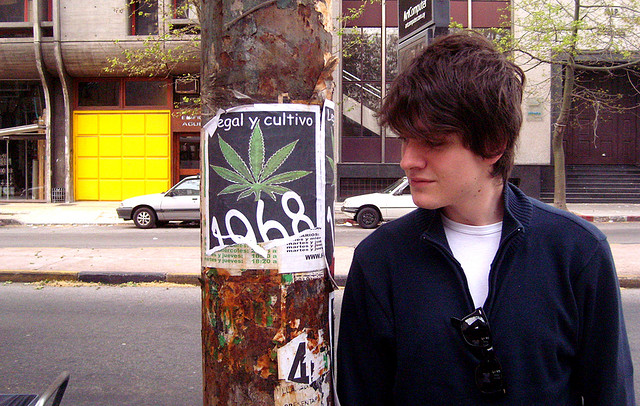
Dispatches, Southern Cone, Uruguay
Uruguay’s Marijuana Bill Provokes Mixed Reactions
July 10, 2012 By Mariana Bueno
Uruguayan Defense Minister Eleuterio Fernández Huidobro said cannabis is currently consumed by about 150,000 Uruguayans on a daily basis, or about five percent of the population, and sold by 1,200 small dealers and four larger distributors. The internal market of marijuana in Uruguay is estimated to be worth 75 millions of dollars annually.
“The prohibition of certain drugs is causing more problems to society than the drugs themselves,” he said.
Despite relatively low crime levels for the hemisphere, the perception of crime and drug-related violence in Uruguay has increased in recent years. In April 2011, a major Columbian drug trafficking ring was dismantled while operating in Montevideo. A recent survey done by Interconsult found that 62 percent of Uruguayans believe that their country is becoming more insecure.
The Uruguayan government has responded to public security concerns with a 20-page document outlining a variety of measures to fight violence and public insecurity. One measure would impose a harsher punishment for the consumption of crack cocaine (known as pasta base in Spanish), a drug used more often by Uruguay’s poor. Other measures include the creation of a fund for crime victims and penalties for police corruption.
“We will not allow drug-tourism. Holland made that mistake,” said Julio Calzada, secretary general of the National Drug Board.
Under the bill, the Uruguayan government would sell and distribute marijuana through state-authorized networks, such as private businesses or clubs associated with cannabis use. Registered adults 18 and older would be allowed a maximum of 40 marijuana cigarettes per month. Consumers exceeding that amount would undergo rehabilitation treatment, financed by taxes on sales of marijuana. Sales of marijuana to foreigners would be prohibited.
The government’s priority will be to prevent state-produced marijuana from entering the local or international black market.
Dr. Sebastián Silvera, a councilmember from Maldonado department — home of Punta del Este, the glitzy beach resort popular with tourists — recently estimated the government would need a 100-hectare area to cultivate 28,000 kilos of marijuana, the amount necessary to sustain Uruguayan consumers. How the state would manage the production is still under debate.
Calzada said the bill to legalize marijuana aims “to regulate the quality of the substance that circulates in the market and separate the cannabis market from other drugs that are by their nature more harmful to health, society and security.”
Social Development Minister Daniel Olesker also emphasized the importance of separating the drug markets. “It is an internationally recognized goal that the separation of marijuana markets from other drugs has positive effects,” he said.
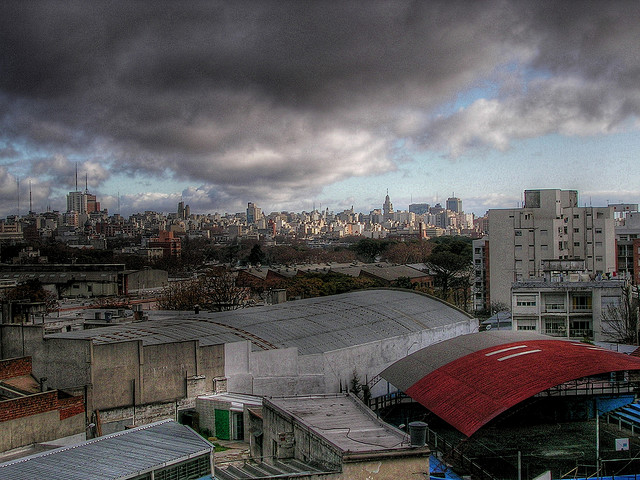
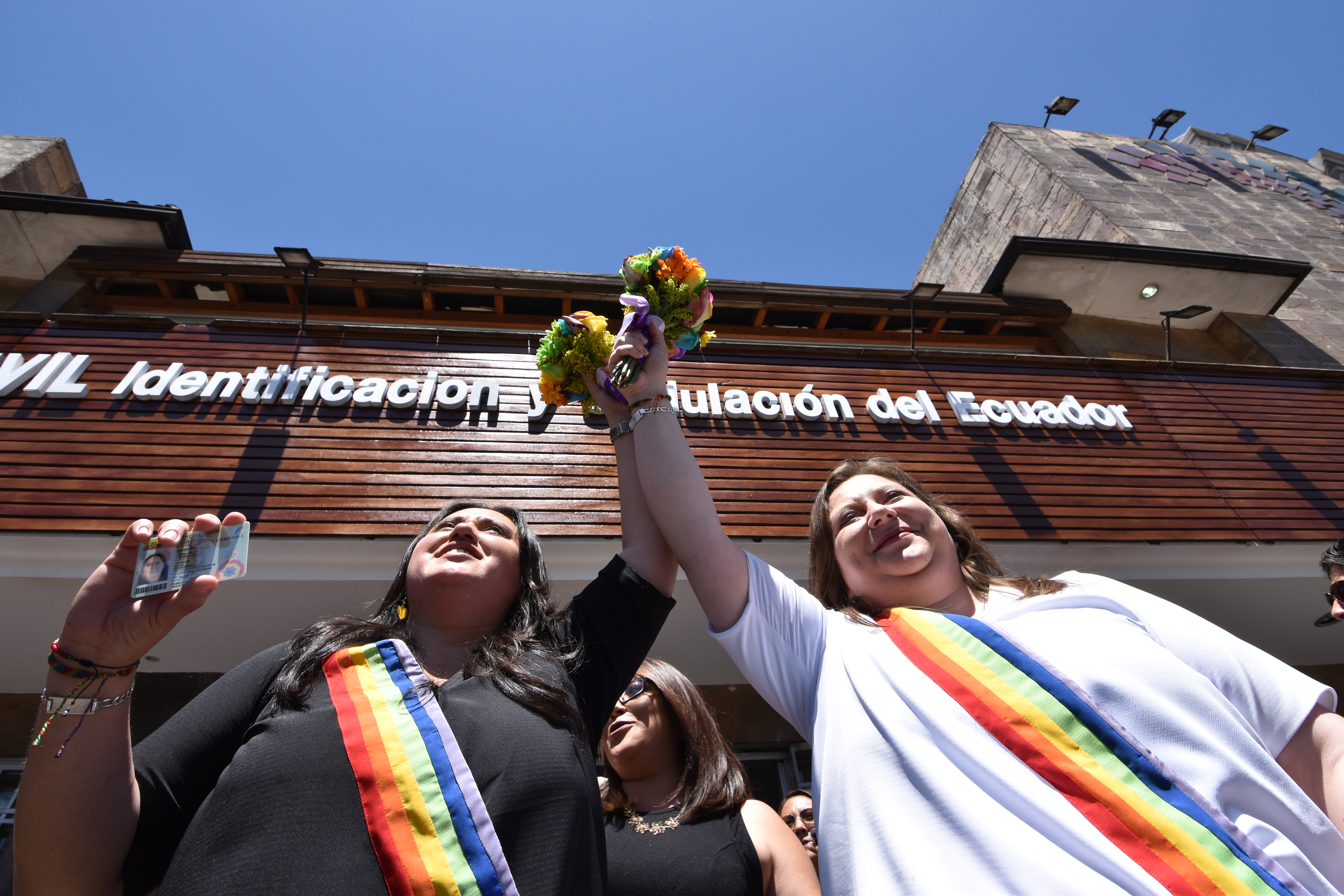
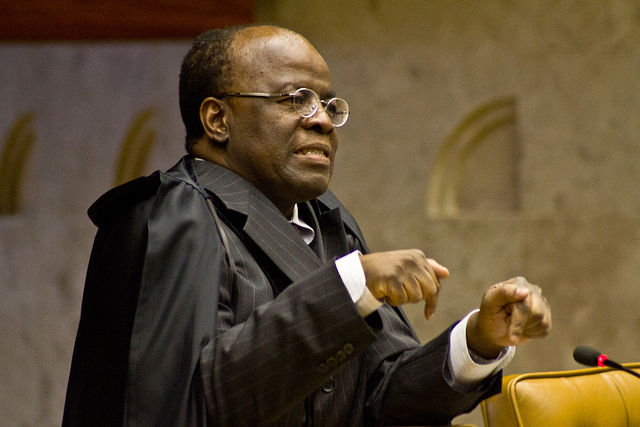
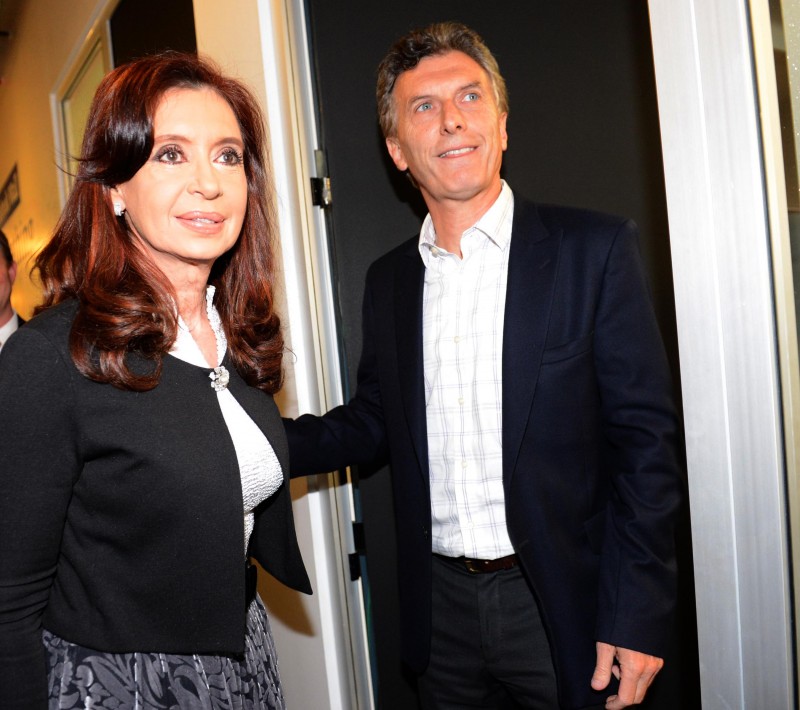
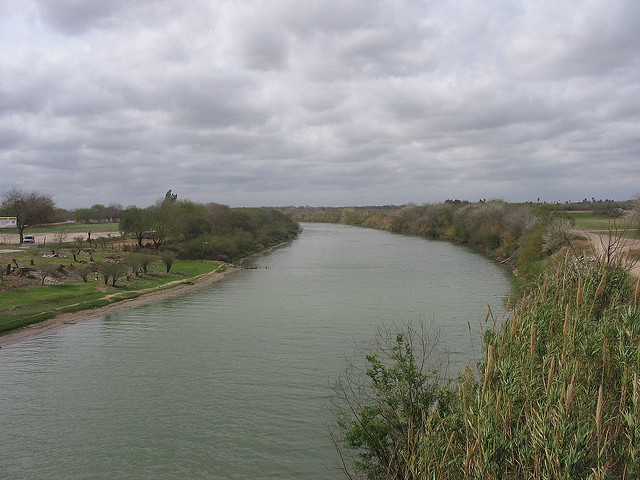
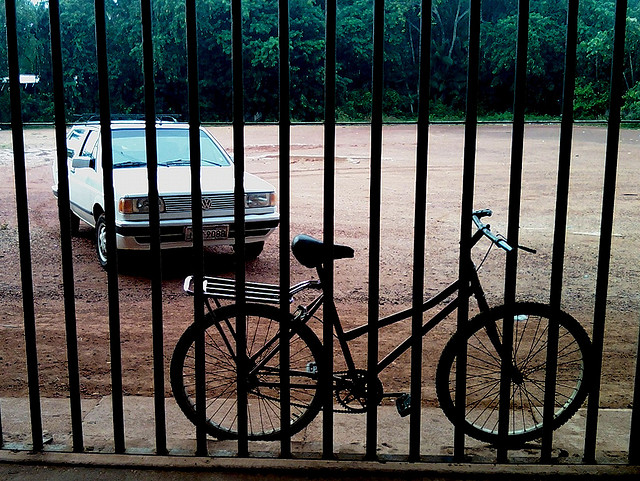
4 Comments
At least on this globe there is one country who understand needs of their own people. I’m glad for Uruguay.
“Drug Tourism” has a simpler name: “Tourism”.
I don’t have a “mixed reaction”. I agree with the proposal 100%. Latin American countries are starting to realize that the U.S. should not dictate drug policy for them. Drug prohibition in the U.S. is directly responsible for thousands of deaths in Latin America each year.
Bunch of blah blah blah. The United Nations will send their mercenary security forces to squash any real legalization. Maybe they will allow some so-called decriminalization and ensure that only criminals can provide marijuana.
Comments are closed.